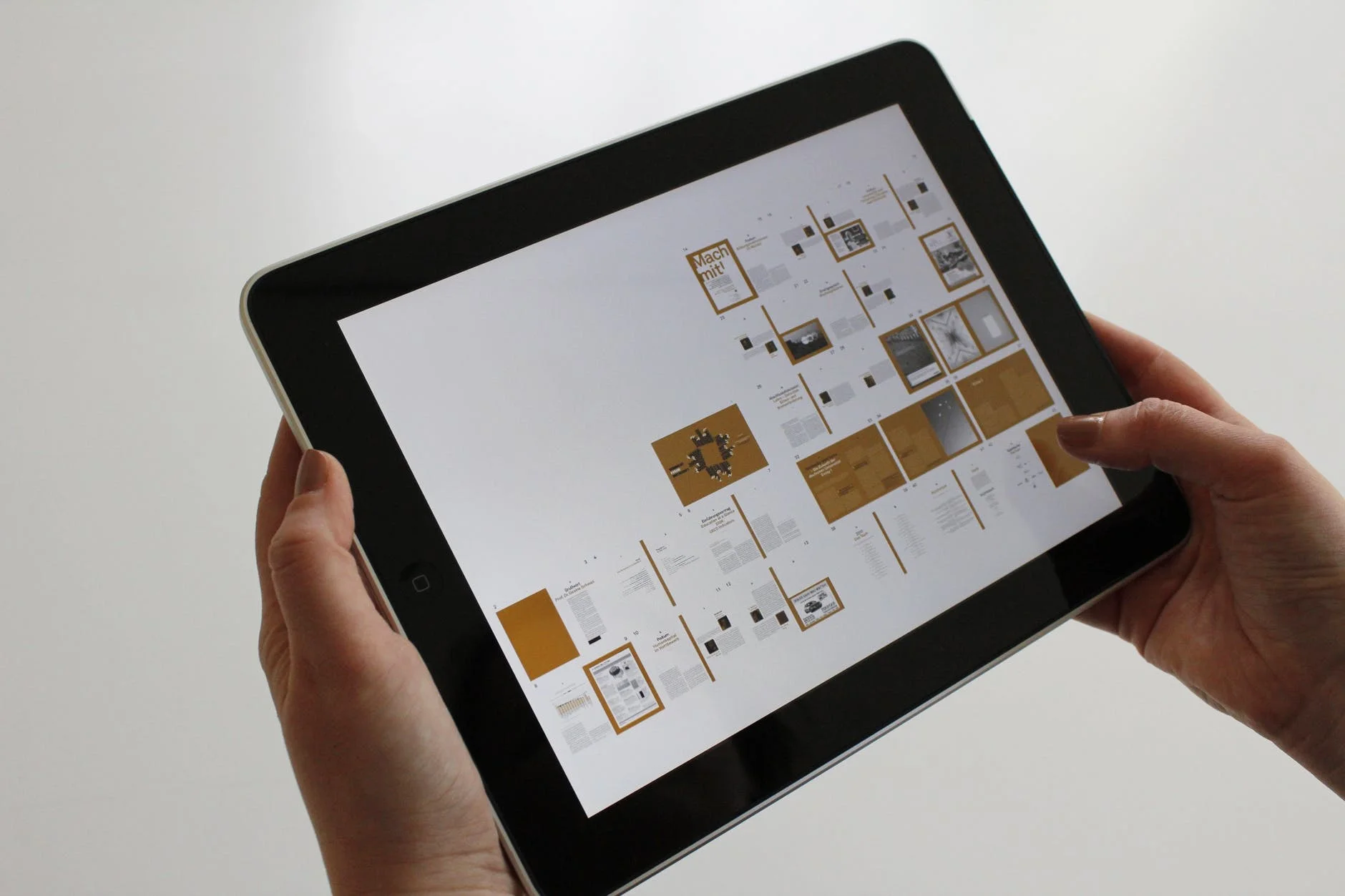By Melissa Milios Davis
Vice President, Strategic Communications, Gates Family Foundation
As most Coloradans realize, the depth and breadth of local news has declined dramatically in recent years. About 500 print journalists covered Denver in 2009, before the demise of the Rocky Mountain News and the hollowing of the Denver Post. Today, that number is down to less than 70. Throughout the state, other community papers have faced a similar decline, and many rural and mountain areas have become "local news deserts". At the same time, the state population has grown dramatically, and overall trust in media has taken a hit. The traditional role of the "Fourth Estate" as civic watchdog is evolving, and rapidly-changing technology is dramatically reshaping our public commons and civic dialogue.
As Colorado's media landscape has continued to evolve, the Gates Family Foundation has invested in a wide variety of high-quality local news outlets. We've supported public media for decades, helping to launch the PBSNewsHour on Rocky Mountain PBS back in 1983, and Colorado Public Radio's education desk in 2010. To boost quality coverage of rural issues, we've invested in outlets such as High Country News and KSJD community radio in Cortez. And as we've seen original reporting on specific issues decline in traditional outlets, we've supported start-up, independent, digital-only news outlets such as Chalkbeat (for education) and Streetsblog (for transit and mobility issues).
Underpinning all of the Foundation’s media investments is the belief that informed communities are vital to robust civic engagement that advances the quality of life for all Coloradans. Local news is a key component of healthy, thriving communities – and its absence is harbinger of diminished communities. (Read our recent essay for more on our belief in the importance of investing in quality local news.)
That's why, this summer, the Gates Family Foundation is helping to support the Colorado Media Project -- a project that aims to explore and accelerate scalable, sustainable, civic-minded solutions in Colorado’s digital media landscape.
To learn more -- including how to get involved -- read the following FAQs from the Colorado Media Project:
What is the Colorado Media Project?
The Colorado Media Project is using a rapid “design thinking” process to research and test new approaches for increasing the audience, relevance, and financial sustainability of digital journalism that strengthens the civic fabric of Colorado. By September, the project aims to produce and publicize viable prototypes and business plans that reflect Colorado-specific market opportunities and community needs. The project builds on the learning and assets of Colorado’s existing digital news ecosystem, aiming to leverage cooperation instead of competition.
What does the project aim to do?
The Colorado Media Project aims to accelerate scalable, sustainable, civic-minded solutions in Colorado’s digital media landscape, by:
Conducting research on new and existing Colorado markets and business models nationwide;
Rapidly prototyping and testing new ideas and digital tools;
Quickly considering the business implications of new opportunities;
Publicly sharing project research, learning, and viable opportunities.
What are the project objectives for various stakeholders?
For the public, the Colorado Media Project aims to:
Understand barriers to and opportunities for accessing high-quality, reliable local news in Colorado
Develop and test ideas for increasing the ease and experience of engaging with Colorado news
Uncover new opportunities for civic engagement and interaction
For Colorado’s existing news publishers, the Colorado Media Project aims to:
Understand current business models, successes, challenges, and opportunities
Share new research on digital market opportunities in Denver and Colorado
Prototype and market test new ideas for increasing audience size/engagement, sustainability, and collaboration
For investors and philanthropists, the Colorado Media Project aims to:
Address the growing news/audience opportunity gap in Colorado, as traditional media outlets decline and new models emerge
Provide research into sustainable digital media business models and tools or platforms that might achieve impact at scale
Prototype and test new ideas to increase reach, sustainability, and collaboration among outlets that serve the civic interest
What is the project timeline?
Through June 29: Secondary research (interview national and local experts and practitioners, review existing market research, case studies, business plans, etc.)
July 2 – 13: Primary research (in-person interviews with various types of news consumers)
July 16 – 20: Synthesis (develop problem statement/s, based on research)
July 21: Community ideation session (design thinking/open innovation protocol around problem statement/s)
July 23 – Aug. 24: Rapid prototyping, testing and iteration (multiple solutions)
Aug. 27 – 31: Synthesis and report development
Aug. 23: Community conversation: Molly de Aguiar (News Integrity Initiative)
Week of Sept. 24: Report to the community (time/date TBD)
How is this project different than others I’ve heard about?
Our primary focus is increasing the audience, relevance, and financial sustainability of digital journalism that strengthens the civic fabric of Colorado.
We’re looking for solutions that are: digital, scalable, sustainable, and civic-minded. All four.
We’re bringing a business/technology approach that starts with Colorado-specific audience research, market testing, and rapid prototyping. (Many ventures start with journalism goals first, and figure out business/marketing/audience later.)
We’re testing multiple ideas and business plans and making the best publicly available.
We’re taking the full, existing Colorado news ecosystem into account, aiming to leverage cooperation instead of competition.
Are you competing with The Sun, The Independent, Denverite, Chalkbeat, others?
No. Journalists from these and other existing outlets are participating in the project’s ‘open innovation’ process – providing insight on the successes, challenges, and opportunities of their own outlets, as well as ideas for ways the project could help their work reach more people. In addition, existing outlets (and the public) will have access to the research, prototypes, and business planning developed by the Project, which intends to serve as a rapid prototyping lab with deep capacity for business and strategy planning.

